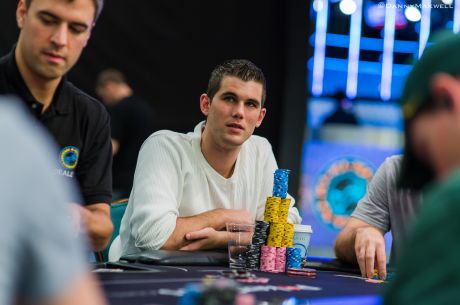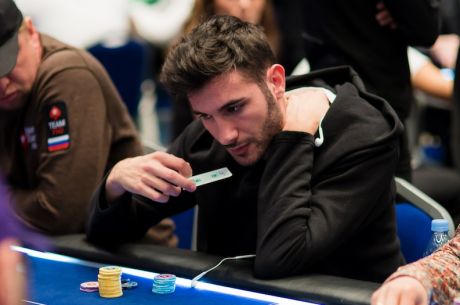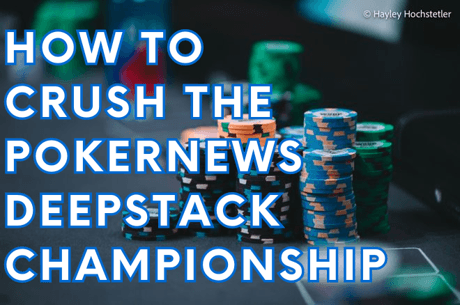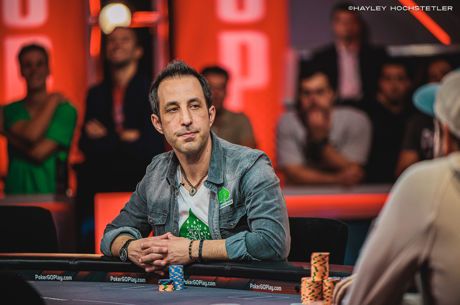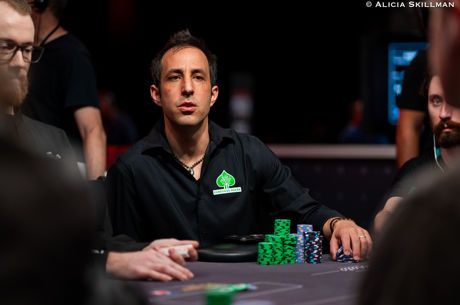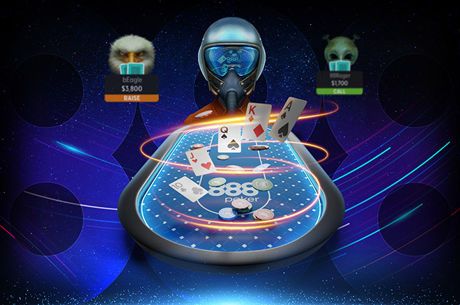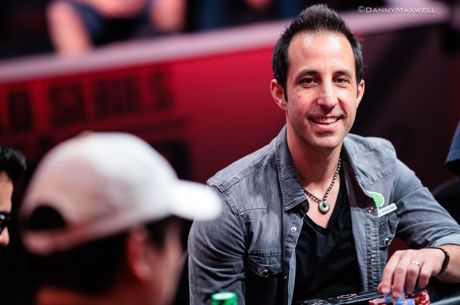Play and Learn: When Emotion Blocks the Exit

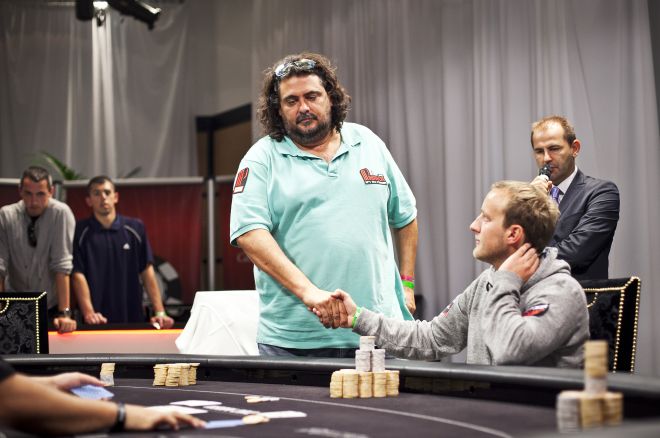
Being upset from busting out of a tournament without cashing is a fairly standard feeling. You have put up a set amount of money, essentially betting on your own skills in an attempt to overcome the field and head home with more money in your pockets. Understanding that, it’s obvious why elimination shy of the money can be a demoralizing experience.
One possible response to this defeat can be renewed faith in yourself — that is, an “I can win it back” mentality. There are times when this kind of response is an accurate sentiment, such as on those days when you know that you’ve played well and want to try and get back up on the horse.
However, that desire to jump back in a game right away isn’t always well founded. Sometimes putting more of your bankroll on the line when you’re in a bad mood and/or not thinking clearly can lead to further losses and an even more degraded mental state.
Last year, I played in the World Series of Poker Circuit Horseshoe Cincinnati $1,675 Main Event. I had won a satellite into the event and had been playing very well all week leading up to the Main.
Once in the Main Event, I went against a personal rule of mine and got committed for a good portion of my chips during the tourney’s early stages and ended up losing the hand. From there, I folded my way to Level 7 where I got it all in with turned trips against a made full house. I did not improve and I was eliminated from play and feeling very down.
At that point, I should have made a conscious effort not to play any more poker that day. I had made a few mistakes during the tournament and wasn’t thinking as clearly at the tables as I would have liked, so I knew I wasn’t in the best mindset once I was knocked out.
Instead, I ended up giving in and playing even more. I opted to hop into a $1/$2 cash game with a friend of mine where I ultimately lost $600 more on the day than I should have.
I headed into the cash game already feeling down on the day and this led me to playing a hyper loose-aggressive style where I ended up just bleeding money. After shelling out two buy-ins, I recall a certain hand that finally convinced me to get up from the table and move on with my day.
I was one of four players who went to the flop and I held AxQx. All four including myself checked the flop of three low cards, one of which was a 7x. An Ax then fell on the turn. One player led out and it folded over to me. I put in a raise and the original bettor came right back over the top of me with a reraise. This was a very tight older gentleman whom I had seen make exactly zero moves the entire day.
It was at this point that the bad thoughts kicked in. I knew that the correct move was to fold, yet because of the way my day had gone I could not let my cards go. I began thinking “If I double up right here, right now, then I’m only in for $200 in this session. And if he folds, then I’m only in for $300.”
Rather than thinking about the hand in question, I was busy trying to figure out the quickest way possible to make my money back. These thoughts led me to verbalize the words “all in,” blindly hoping that I could at least get my opponent to fold.
Alas, as I subconsciously knew would happen, he snapped me off and showed Ax7x for two pair. I did not improve on the river and suddenly I was in for $600 on the day.
It was a dumb choice and I clearly felt like an idiot as I took my leave from the poker room. That being said, I’m not embarrassed by it at all. While it was an expensive lesson, this experience will always stick with me as a reminder of something not to do.
I was already put in a sour mood because of busting from the Main Event and knew that I wasn’t thinking clearly. I ended up going against my better judgment and losing even more money on the day than I thought possible. But now I have that experience to remind me not to repeat such a mistake going forward, and indeed it has helped me the times I have played since.
Consider how you tend to react after being knocked out of a tournament. If this “leak” of wanting to jump back into a game right away when you’re mindset isn’t at its best is one that affects you, think about taking a break instead. Don’t let emotion block you from finding the exit, especially if you aren’t in the best state to play your A-game. After all, there will always be a game waiting for you when you’re better able to try again.
Get all the latest PokerNews updates on your social media outlets. Follow us on Twitter and find us on both Facebook and Google+!


